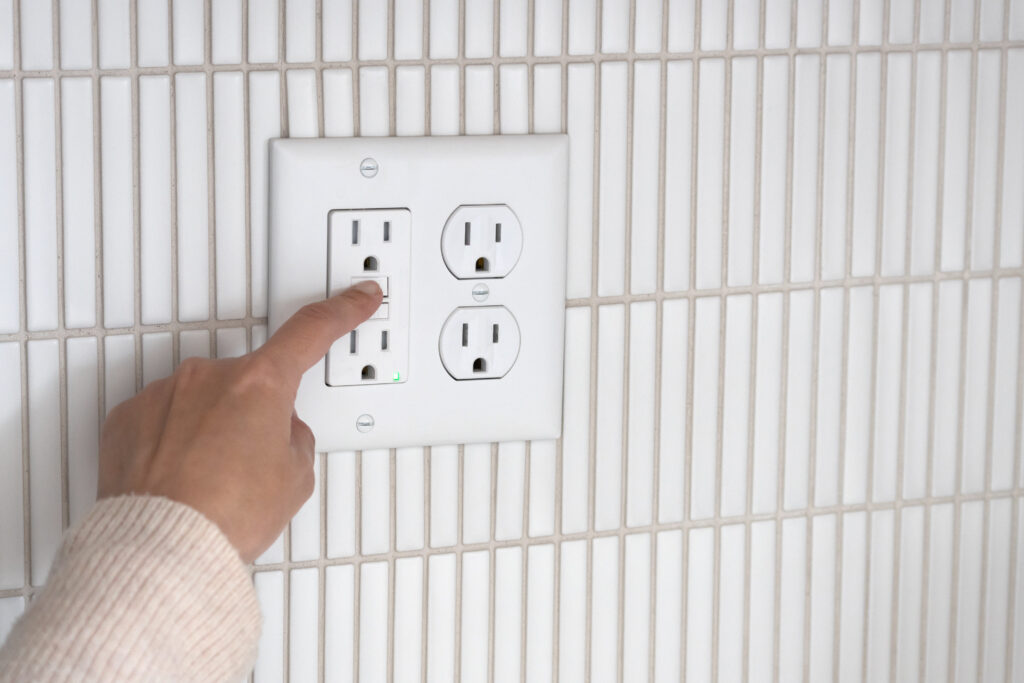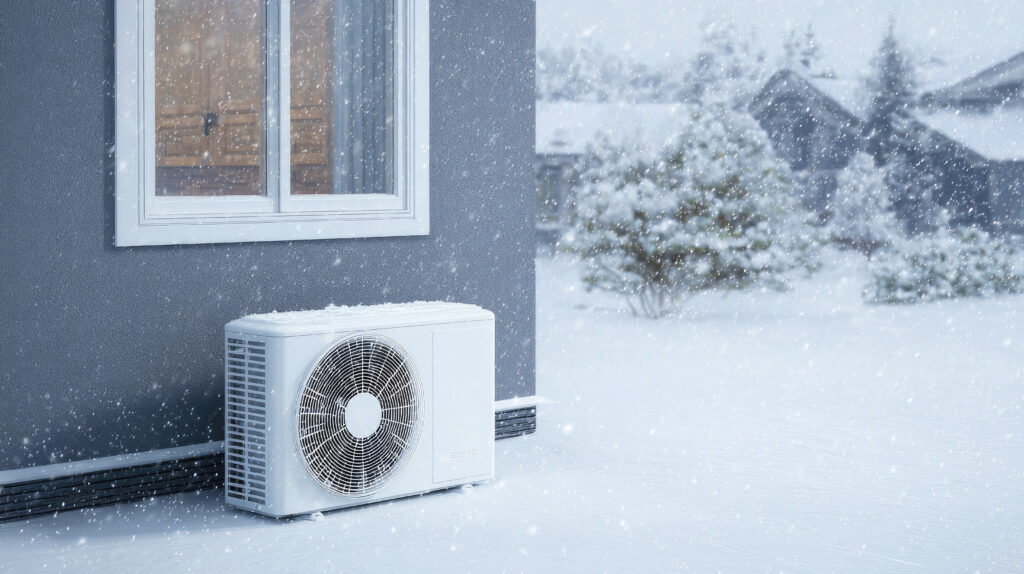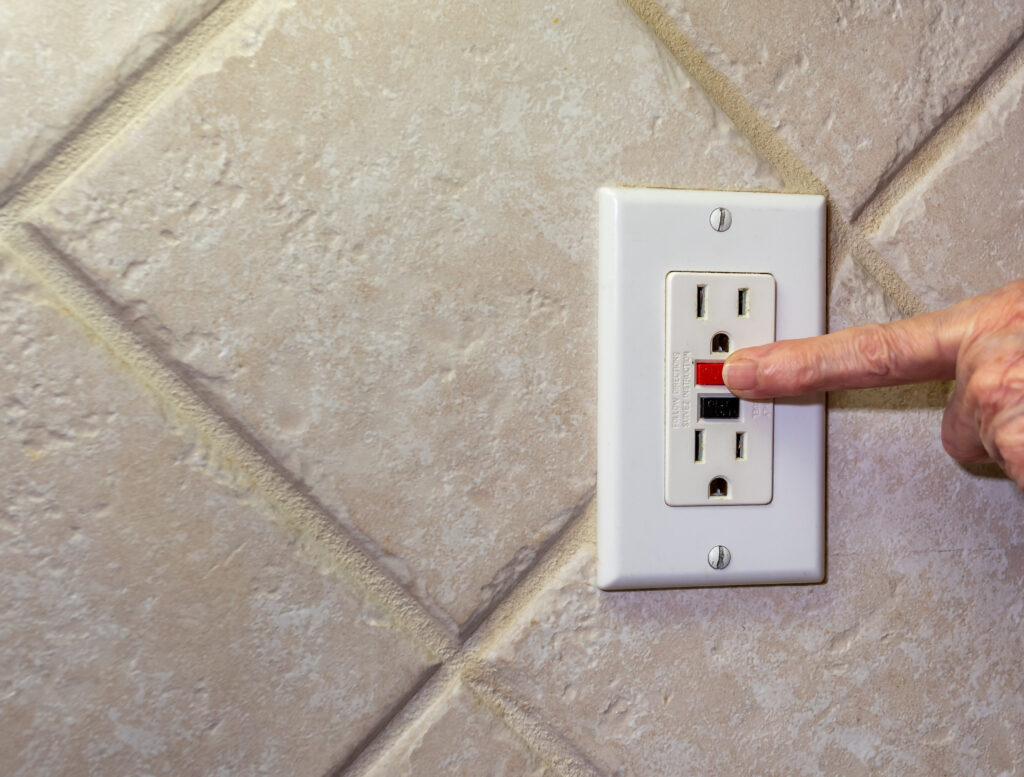Understanding Central Air Conditioning: Cool Comfort, All Year Long
So, you’ve just moved into a house, or maybe you’re finally ready to upgrade that clunky, prehistoric monster of an AC unit that’s been groaning in your backyard since the early 2000s. Either way, central air conditioning has probably come across your radar. And it’s no surprise. With the United States boasting over 139 million housing units spread across 3.8 million square miles of climate-varied landscape, central AC has become more necessity than luxury. But what actually is central air conditioning? How does it work? And how do you, the average, slightly overwhelmed homeowner, make smart decisions around it? Let’s untangle the coils of this cool topic together.
What Is Central Air Conditioning, Really?
Alright, let’s start here. No tech mumbo-jumbo, just the basics. Central air conditioning is a whole-home cooling system. Unlike window units or trendy-but-limited mini-splits, central AC delivers cool air to multiple rooms through a network of ducts and vents. Think of it as the postal system for comfort—air gets processed in one place and then gets delivered all throughout your home. The goal? Consistent, comfortable indoor temps no matter how roasty-toasty it is out there.
How Central Air Works (Without Melting Your Brain)
Here’s the nickel tour of science, simplified. A central AC system has three key players: the air handler (inside), the condenser (outside), and the ductwork (behind the scenes). Warm indoor air is pulled through return vents into the air handler, where refrigerant coils chill it down. That now-cool air gets blown back through ducts into your living spaces via supply vents. Meanwhile, the heat that was pulled from your home is dumped outside via the outdoor condenser unit. Rinse and repeat. And yes, refrigerant plays a magical middleman role—it absorbs and releases heat as it cycles between liquid and gas. Some of this sounds like wizardry, I know. But it’s actually just tried-and-true thermodynamics with some modern engineering flair.
Why Homeowners Love It: The Benefits of Going Central
First off, comfort. Central air is designed to keep every room in your home at a constant, even temperature—so long as your ductwork is designed correctly and you don’t have doors closed all over like your kids are hiding treasure. Second, aesthetics. There’s no bulky unit hanging out your window or on your walls. Just subtle vents and that low, reassuring hum that says “chill, I got this.” Then there’s air quality. Modern central AC systems often include air purifiers or dehumidifiers that noticeably boost your home’s air freshness—especially helpful if you’ve got allergies, pets, or indoor cooking adventures that went sideways. And finally: energy efficiency. Yep. New ENERGY STAR-rated systems can significantly cut your power consumption when compared to older or less efficient cooling methods—something both your checkbook and the planet can appreciate.
The Flip Side: Common Drawbacks to Know Before You Commit
Okay, it’s not all sunshine and breezy room temps. There are a few heads-ups you’ll want to keep in mind. First, installation cost. If your home doesn’t already have ductwork, adding it can be pricey and, frankly, a bit invasive. We’re talking walls opened up, ceilings tampered with—it’s a whole thing. Even replacing an existing unit can run into thousands, which is not tiny potatoes. Then there’s maintenance. Filters need changing. Coils need cleaning. And if the refrigerant leaks or the thermostat goes haywire? You’re making that emergency weekend call to the HVAC tech. Lastly, inefficiency is a real risk if your home isn’t properly sealed and insulated. Basically, if cool air is escaping through gaps or thin walls, you’re just chilling the great outdoors. Lovely gesture… but not very practical.
The Home Warranty Factor: When Things Go Sideways (Because Sometimes They Just Do)
Here’s the thing about complex home systems like central air: they love to break down at the most inconvenient times—like, say, the hottest Saturday of July. That’s where a home warranty steps in like a cool-headed friend who always knows what to do. A good home warranty covers the cost of repairing or replacing key components of your AC system when they fail due to normal wear and tear. It doesn’t prevent breakdowns, but it absolutely cushions the financial blow when they happen. And if your system’s older? Yeah, that warranty becomes less of a nice-to-have and more of a small miracle wrapped in paperwork.
Tips for Maintaining Your Central AC (So You Don’t End Up Googling Emergency HVAC at Midnight)
Stay ahead of the chaos with a few easy steps. Change your air filters every 1–3 months—seriously, set a reminder or tie it to something else you regularly do, like paying rent or fretting over laundry. Schedule yearly maintenance. Even if everything seems fine, a quick checkup can prevent expensive problems. And keep your outdoor condenser unit clear of debris. No one likes to work surrounded by leaves, dirt clods, or rogue soccer balls. Lastly, be strategic with your thermostat. Constantly fiddling with the temp can overwork your system. Use a programmable thermostat and let it do the hard thinking for you.
Why Armadillo Has Your Back (and Your Cool Factor)
Look, we get it—ownership is a lot. There’s always something to fix, check, clean, or research. But with Armadillo’s modern, straightforward home warranty plans, handling central AC hiccups becomes less of a crisis and more of an inconvenience. With fast claims processing, transparent coverage, and a support team that doesn’t talk in riddles, we’ve built something we’d want in our own homes. If you’re looking to protect your central air system (and frankly, your whole HVAC setup), we’ve got you covered. Get to know us at armadillo.one or jump straight to building your perfect plan at our plan builder page. Stay cool out there.


























